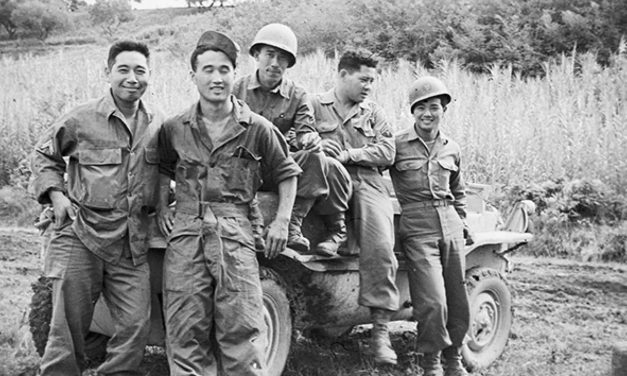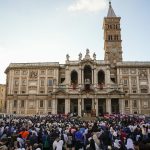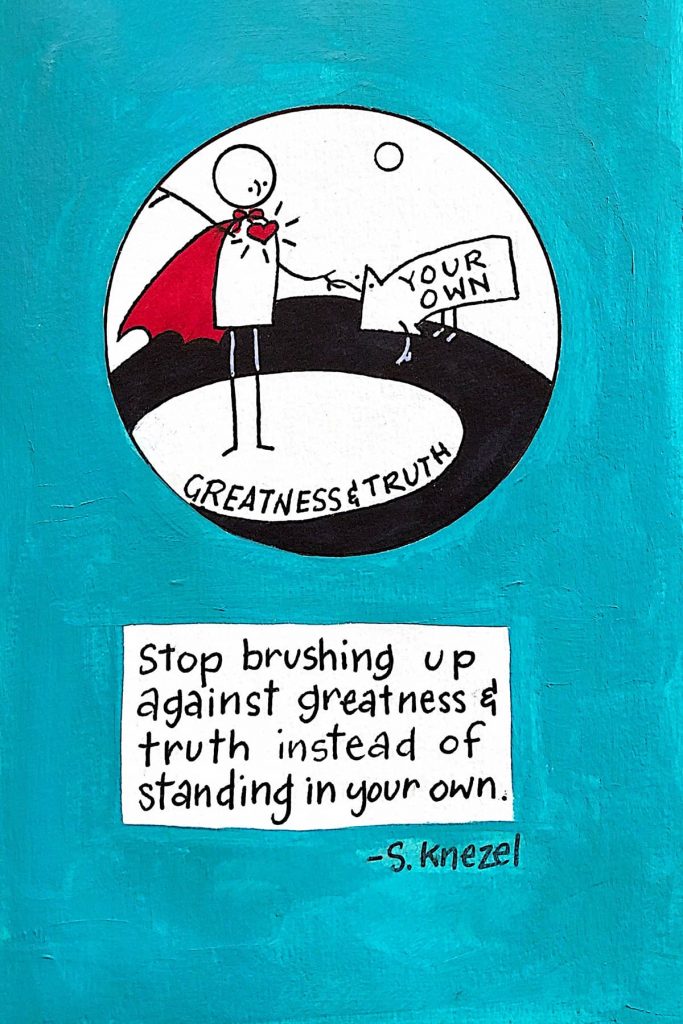Storytelling, community, and grief: How theater can help people heal from the trauma of the pandemic
By Joel Christensen, Professor of Classical Studies, Brandeis University President Joe Biden began his presidency by memorializing the 400,000 American lives that had been lost up to that point to COVID-19. The ceremony, held on the steps of the Lincoln Memorial, was arguably the first official moment of nationwide public mourning in the United States. “To heal, we must remember,” Biden said. “It’s important to do that as a nation.” But how do we acknowledge our collective suffering as the toll of the pandemic continues to grow, with hundreds of thousands possibly undercounted? How do we talk about healing...
Read More














